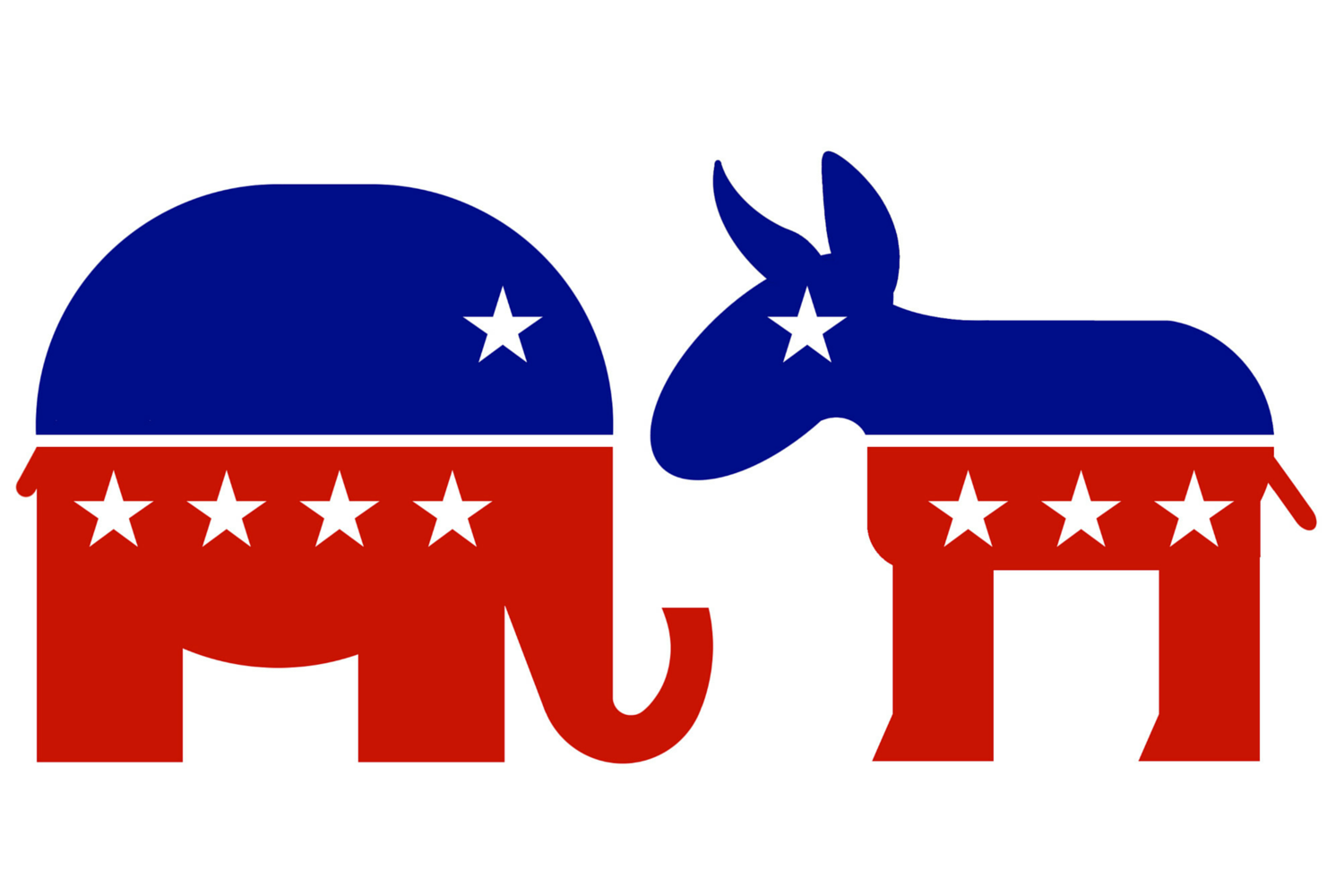
In case you hadn’t noticed, there is a Presidential Election going on around us and, with about seven weeks left, political discussions are going to get worse before they get better, especially around the scheduled debates. Debate can quickly turn to disagreement and from there turn to argument if not managed correctly. Politics in the workplace could cause issues for you and your people.
The Society for Human Resource Management took on this campaign season with a new study it published on Policies on Politics in the Workplace. In the study, SHRM discusses if companies encourage political activities, defined by SHRM as activities in support or against a political party, candidate, group/association or agenda, and it had some interesting discoveries.
When asked if their organization discouraged political activities in the workplace, 72% indicated yes while only 4% encouraged those activities.
67% of organizations do NOT have a policy addressing political activities, while 24% have a written policy and 8% have an informal unwritten policy.
More than two-thirds, about 70%, perceived the same amount of political volatility in the workplace while 26% felt it was more volatile in 2016.
According to SHRM, these findings mean the following:
Organizations cannot prohibit employees from discussing politics. The National Labor Relations Board classifies political discussion as a “protected concerted activity.” Thus a policy prohibiting such discussions in not an option, nor can a manager tell employees that they are not permitted to have these kinds of discussions.
However, Political discussions can often touch on issues related to protected classes and must therefore be treated with caution. Candidate platforms are sometimes directly or indirectly related to a protected class. Thus, discussions of these topics could create situations where employees could feel discriminated against or bullied. HR Professionals and Managers must therefore exercise good judgement about when to step in to quell discussion that is becoming heated, inappropriate of impeding productivity.
Even a minor increase in political volatility in the workplace can create major headaches for businesses if not managed well. While the previous stat indicates that more than two-thirds feel this election cycle is not more volatile as the previous one, 26% reported that employees were more vocal about their opinions, appeared to view candidates were more polarizing and were more concerned about their choices. These types of concerns could pose problems for teamwork and cohesiveness if not managed well.
You may need to be more prepared for more volatility as the campaigns wear on. Anything is possible during a political campaign especially controversy and disagreement. Therefore, one must continue to be award of changes in the culture or teamwork and take steps to build bridges to keep their organizational culture and collaborative.
SHRM’s findings show the fine line one must walk to stay compliant and foster a safe and productive work environment. The bottom line is that if you start to see an increase in volatility around political activities you may want to consider developing a policy that does not prohibit political discussion but controls those activities as they relate to work.
###
 Every Thursday 11:00AM – 1:00PM Human Resources 1-on-1 with Representatives, Sequent
Every Thursday 11:00AM – 1:00PM Human Resources 1-on-1 with Representatives, Sequent
Sequent is here to help the small business extend HR to their organization. It’s hard to be an expert in everything as a small business. Why not leverage the assets of the subject matter experts of Sequent in a broad range of disciplines such as; compensation, benefits and HR best practices that otherwise would be cost prohibitive? Additionally, Sequent provides three mission critical technology applications, all which are “Best of Breed” to serve as the nucleus in delivering service to and supporting the employees of the business. Join Tyler Abrams, Business Strategist for answers to your questions!
Please visit with your questions and concerns and have a discreet 1-on-1 conversation with the advisor of your choice.
Please note this service is offered in different locations of the building on different weeks. It will be held on the first floor, in the welcome area, suite 190. (2nd and 3rd Thursdays of the month) and in the Metro Conference Room on the third floor (1st, 4th and 5th Thursdays of the month).
Tyler Abrams is a business strategist and advisor in the field of Human Capital Management. He helps business owners increase productivity, reduce employment related liabilities and increase overall profitability by solving problems in the areas of Human Resources, Risk Management, Payroll Management and Benefits.



